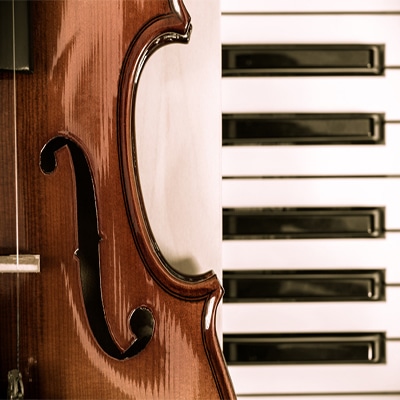 Arts4Dementia
Arts4Dementia
Arts4Dementia (A4D) is a charity whose logo includes ‘Empowering people with memory loss through artistic stimulation’. Their events and information resources show how music and arts can generally have a powerful effect on the well-being of people with dementia.
This work contributes to and develops the existing knowledge and practice of using music in improving mental health in general, and specifically in care and support services for people with mental health problems. The work of A4D clearly shows that mental health issues can be avoided or minimised through including art and music work in all aspects of care and support for people with dementia.
Music Reawakening
A4D, in ‘Reawakening the Mind’ (2013) looked at 17 projects (art, music, dance, theatre, poetry, photography and media) and evaluated their benefits for people with early stage dementia, and their carers. They found that people had restored energy, interest, and less stress and worry about memory or health problems.
In a more recent report, focussing on music for people with early and later stage dementia, ‘Music Reawakening'(2015), some remarkable findings emerged: people being symptom free for several days after participating in a music event: a violinist with dementia playing a solo with the Philharmonic Orchestra. The report stated that:
‘A visceral language more profound than words, music can bypass symptoms of dementia, reach deep emotions to stimulate thought processes and enable speech. Playing an instrument, singing opera choruses, learning to play or sing, conducting members of a national orchestra, collaborating to create a song cycle is compelling, even life- transforming for families affected by dementia. Music can slow cognitive decline.’
A carer stated that: ‘When she tackles familiar pieces, there are flashes of the witty and happy person I thought I had lost’.
The research by A4D reflects a nationwide move to see the creative arts as a vital part of mental health care.
The University of the West of Scotland has been running regular music sessions for carers and people with dementia, with reports of similarly dramatic individual progress and outcomes.
Alzheimer Scotland
Alzheimer Scotland supports specific projects in art: Fife creative crafts, an art and well-being group in Motherwell, and numerous other art focus groups across Scotland, from Shetland, Harris to Dalbeattie.
Active involvement in arts activities meets 5 commonly agreed ways to maintain mental health:
- Get connected;
- Be active;
- Live in the moment;
- Giving to others;
- Learning.
This reduces some of the mental health issues which can accompany dementia and other conditions. It boosts well-being and communication – there are reports that conversing through singing or music in daily tasks can re-establish communication with carers which had been thought to have been lost.
Art participation opportunities should be seen as a vital aspect of arranging and providing social care. Improved support to the cared for and to carers can be promoted by awareness of managers, commissioners and regulators. The message needs to reach everyone that music and all art activities aid wellbeing, communication and preserving mental health in many difficult and challenging situations.





